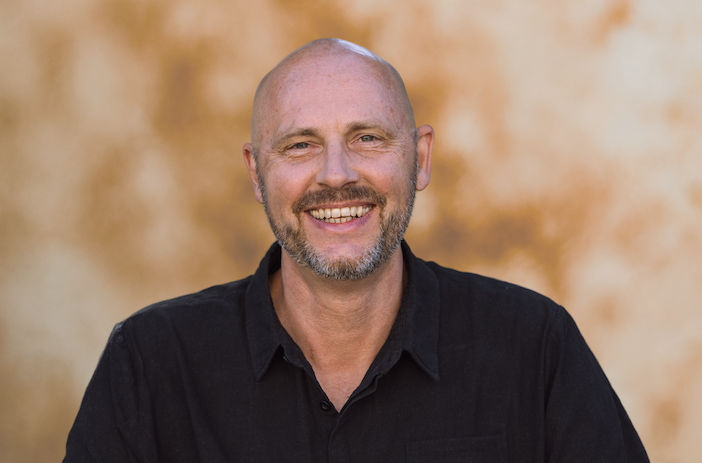
Keepers of the ancient knowledge
The Q’eros: Descendants of the Incas
The remote villages of the Q’eros are located at an altitude of up to 5.000m meters (approx. 16,400 ft) above sea level in the snowcapped Vilcanota mountain range, the highest in south-east Peru. The Q’ero nation currently numbers around 3,000 to 4,000 people, divided among 14 villages.
First encounter
In 1949, the anthropologist Dr. Oscar Núñez del Prado met some Q’eros during the festival of Paucartambo and led the first expedition to their homelands 6 years later (1955). After this indigenous people had lived as serfs to the owners of large estates (hacendados) until the 1960s and 70s, Dr. Núñez del Prado ultimately succeeded in freeing them from this system and prompted the return of a portion of their lands to them by the government, even before the official land reform.
Today, at the beginning of the 21st Century, the Q’eros are a community of living witnesses to an ancient culture, who are capable of sharing with us many details about Peru’s past. Thanks to the work of scientists like Dr. Jorge Flores Ochoa, Juan Núñez del Prado, and also Manuel Castillo Farfán, a great deal is known today about this último ayllu Inka, the so-called “last Inka community.” Peru’s Minister of Culture once referred to the Q’eros as a “national, living cultural heritage.”
The Q’eros have a unique knowledge base that ranges from ancient spiritual practices to their famous weaving techniques and finally to agricultural expertise. The Inkas use an agricultural system known as the archipelago system, which involved the cultivation of a large number of small agricultural ‘islands’ at various altitudes to grow food in different climate zones and produce crops in abundance – and now, 500 years later, the Q’eros are still using that same system:
Totally immersed in nature
Across three different ecological zones, they tend to their sheep, llamas and alpacas (altitudes of up to 4,700 meters / 15,400 ft), grow vegetables such as corn, sweet potatoes or peppers (altitudes of up to 3,650 meters / 12,000 ft), and cut bamboo or wood at altitudes of about 1,800 meters / 5,900 ft.
They are hard workers who are always and at all times completely immersed in nature: With the help of medicinal and sacrificial ceremonies (despachos) for both Mother Earth (Pachamama) and for the Apus, the spirits of the mountains, they are in permanent contact with these entities and ask that their harvests be plentiful, their animals remain healthy, and they themselves continue to be well.
They live a life of Ayni, the only commandment of their tradition, which means something like “give and take” or “exchange with the universe.” This is a kind of cosmic law, which is both a part of everyday life and a part of a supernatural order. A detailed definition of Ayni can be found here.
Paqos: Mystics, shamans, healers, farmers
The Q’eros are known as the keepers of the ancient knowledge and at the same time they are one of the most highly respected indiginous people in the southern and central Andes.
Their practitioners call themselves paqo [pa • co]. There is no word in the English language that would perfectly translate this term as these people are priests, healers, shamans and mystics – all at the same time. Besides, paqos are also simple peasants who have preserved the knowledge of the spiritual tradition of the Incas in quite a pure form.
Contrary to popular belief, at the arrival of the Spanish conquerors these people did not flee from the cities into the mountains, but they always lived in the high Andes.
According to one of their most important legends, Inkarí and Qoyllari, the first Inca king and queen, were sent by Wiraqoche (God) to their remote area to educate them, meaning to teach them everything about agriculture, weavings and how to take care of their livestock. Therefore, the Q’eros also refer to themselves as “children of Inkarí“.
Keepers of a deep spiritual knowledge
Today, there are many movements, also within the Peruvian government, aimed at keeping the so-called “progress of the Western world” away from the Q’eros to ensure that they can continue to live out their traditions in as undisturbed a manner as possible. At the same time, we must ask ourselves whether it is ethical to withhold access to electricity, running water, extensive schooling, or modern means of communication such as cell phones and the Internet based on this argument. Are people entitled to keep other people from improving their quality of life or achieving economic prosperity?
There are organizations such as Q’ero Assistance in Cusco that have been planning and successfully implementing this progress and the speed of this development for many years, together with the Q’ero elders. For the words of Dr. Oscar Núñez del Prado are just as true and wise today as they were 40 years ago: “The work in support of the Q’eros must continue and we must ensure that this important people does not lose its cultural identity.”


leave a response
Please note that your comment should refer to the article. If you would like to discuss a personal concern, please contact us on Facebook, Twitter or via Contact.
We would be happy if you leave us your name. This way we know how to address you in our reply.
If you enter your e-mail address, you will be informed by e-mail about our answer. It will not be published to protect your data. Both details are voluntary.
Please understand that your comment will only be activated by a moderator.